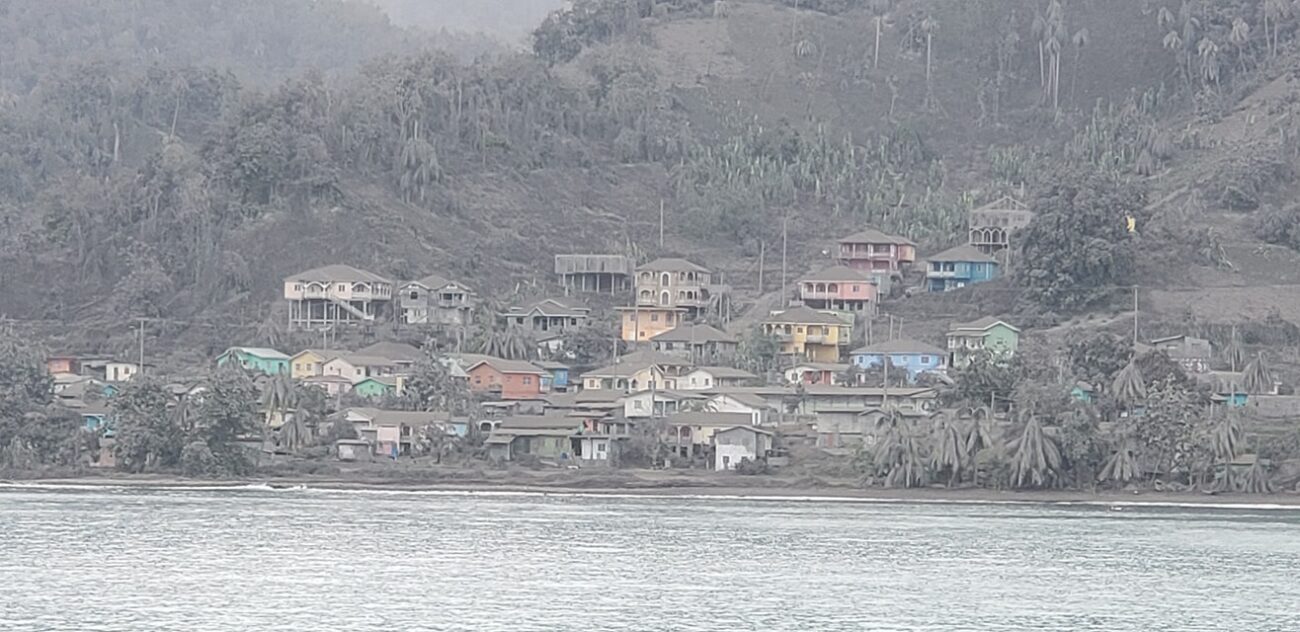Infrastructure, key to global climate mitigation and adaptation efforts —WEF
As the eruption of La Soufrière volcano in St. Vincent and the Grenadines have shown, infrastructure will define the battle for survival around the world.
This is what Nick O’Regan, Director of Implementation Practices and Standards at the United Nations Office for Project Services (UNOPS), argued in his piece published by the World Economic Forum on Friday.
“The eruption of the La Soufrière volcano after lying dormant for 40 years has plunged the Caribbean nation of St Vincent and Grenadines into unimaginable levels of devastation and suffering,” pointed out O’Regan, and added that “the infrastructure around us is often not prepared to withstand such shocks, from global pandemics to natural hazards, and the volcanic eruptions in St Vincent are only the latest example of the damage such events can inflict on infrastructure.”
Resilient infrastructures, according to O’Regan, must be therefore taken seriously by local governments. And in order to create the resilient, sustainable, inclusive infrastructure, “a shift in how we think about infrastructure, and then how we turn that thinking into action” must be done.
“To start with, alongside mapping disaster risks, identifying critical assets and upholding international best practices, we must consider how infrastructure systems, such as transport, housing or sanitation, depend on each other,” explained O’Regan.
“We need to carefully consider their relationship with the natural environment. We need planning that carefully considers local contexts, needs and vulnerabilities,” he added.
For example, a project spearheaded by UNOPS and the University of Oxford in St Lucia is being developed together with the local government to figure out an approach to national infrastructure planning that is based on data and evidence. “This new model helps the country respond to both national and international development priorities,” O’Regan said.
Focusing on infrastructure projects can costly, and hence they must be long-lasting.
“The La Soufrière eruptions have reminded us how violent and unpredictable our planet can be. It has also shown us just how fragile our civilisations around the world are. We must set the foundations for the sustainable, resilient and inclusive infrastructure that will ensure islanders are better protected, now and for generations to come,” O’Regan concluded.



